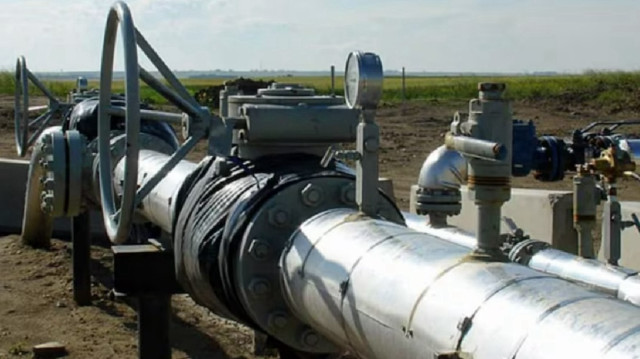
Pipeline expected to secure affordable energy supplies, operational by 2027
Hungary and Serbia will jointly build a new oil pipeline aimed at safeguarding affordable energy supplies amid ongoing EU efforts to reduce dependence on Russian energy, Hungarian Foreign Minister Peter Szijjarto announced on Monday.
The pipeline, with an expected annual capacity of 4-5 million tons, is planned to become operational by 2027. Hungary will construct 180 kilometers of the new infrastructure as part of the project.
“Brussels wants to cut us off from Russian oil and gas, forcing Hungarian families to pay two to four times more. We won't allow that,” Szijjarto told a press conference in Budapest. “We are building new sources, not shutting them down.”
According to the minister, the pipeline will help protect Hungary's long-standing utility cost reduction program and shield families from energy price hikes driven by EU policies.
Hungary, which has consistently opposed Brussels' energy sanctions, views the pipeline project as critical to national energy security and regional cooperation with Serbia.
The project comes as both countries deepen their energy partnership, with Serbia heavily reliant on Russian oil and gas supplies and Hungary working to secure alternative routes amid EU diversification policies. Budapest has repeatedly warned that ending access to Russian energy would harm its economy and raise household costs, as over 80% of Hungary's oil imports currently flow through the Druzhba pipeline.
In 2023, Hungary and Serbia also launched joint investments in gas infrastructure, including a new interconnector aimed at enhancing regional energy security.







